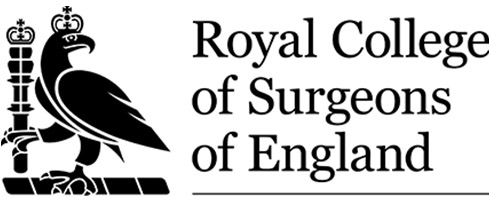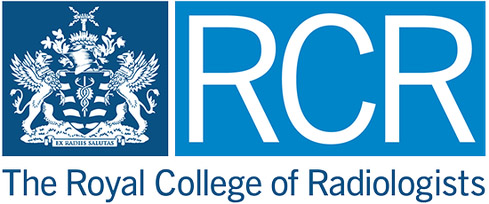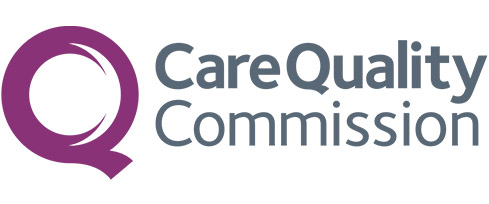- Copyright © Enigma Healthcare 2024
Carpal tunnel release surgery is a common procedure to ease the discomfort associated with carpal tunnel syndrome (CTS), like numbness, tingling and pain.
The operation involves cutting through the tight ligament in your wrist that creates pressure on a nerve which controls hand movement and feeling; this results in greater freedom of motion while reducing CTS-related distress.
Carpal tunnel syndrome can develop as a result of:
If you have mild carpal tunnel syndrome, you may benefit from avoiding putting pressure on your elbow and wearing a splint at night to protect the elbow from over-bending.
Painkillers and anti-inflammatories can help to relieve pain and reduce inflammation.
Physiotherapy can help to stretch and soften tight areas that may be stretching or causing reassure on the nerve. Pads or desensitisation methods such as skin massage may help relieve sensitivity on the inside of the elbow over the nerve.
In more severe cases, you may be offered one of a range of surgical procedures including:
Rehabilitation is an important part of the recovery process. You will need to avoid any heavy lifting for a short period and may need to do exercises to build strength and flexibility in your affected arm. It may take weeks or months for the numbness and tingling to improve. A physiotherapist may also be able to recommend ways of avoiding repetitive strain on your arm in the future.
Carpal tunnel release surgery is a procedure designed to reduce discomfort from carpal syndrome. This condition occurs when the median nerve in your hand becomes compressed, resulting in tingling, numbness, and pain. By surgically dividing the ligament attached to bones of the wrist that form an important “tunnel” for tendons and nerves, medical professionals can alleviate pressure on those structures – leading to significant symptom relief after healing has occurred.
A physical examination will normally be used to diagnose carpal tunnel syndrome. The doctor may also request a nerve test which involves placing electrodes onto the skin to assess if there is any nerve damage and measure the health of the muscles.
If you have been suffering from long-term and severe carpal tunnel symptoms, your GP may refer you to a hand specialist for further evaluation. After the assessment, surgery might be presented as an option for relief. It is important that you feel informed about both the risks and benefits of such a procedure before making any decisions; speak with your doctor if there are questions or concerns so they can help guide this process as best possible. When ready to proceed, consent forms must be signed in order to begin treatment – ensuring confidence every step of the way.
First, you will have an upper limb consultation for £1,250, once the best treatment is decided, you may be referred to a physio, or carpal tunnel surgery is £1,000.















Lorem Ipsum
Lorem, Ipsum
AB12 3CD
01234 567890
admin@enigma.web-balance.co.uk